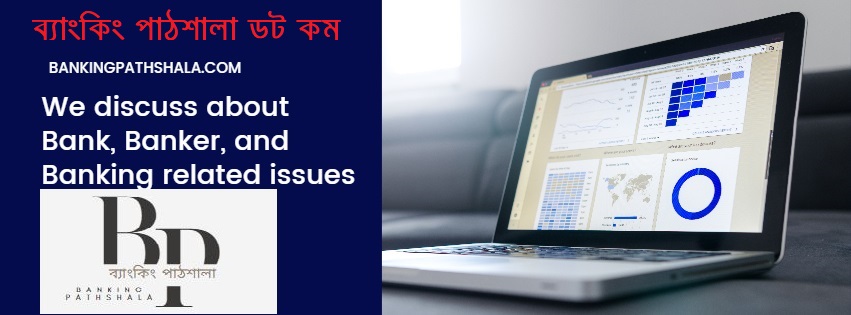Islamic Banking:
Islamic Banking is the banking system that operates as per Islamic Shariah and/or Islamic principles. According to OIC definition of Islamic bank states "An Islamic bank is a financial institution whose status, rules and procedures expressly state its commitment to the principle of Islamic Shariah and to the banning of the receipt and payment of interest on any of its operations" (Ali & Sarkar 1995, pp.20-25). The Mit-Ghamr Savings Bank marked as the first Islamic bank in the modern world which was established in 1963 in Egypt.
Islamic Banking system based on Two fundamental principles - 1. Profit-Sharing and Loss-Bearing and 2. Prohibition of interest at any of its operations, that is interest can not touch at its banking operations.
Every Islamic Bank or Financial Institution has to maintain a Shariah Supervisory Committee with Islamic Scholars to looks after the institution's overall Shariah issues.
Islamic banks receive deposits under two principles: Al-Wadeeah principle, and Mudaraba principle.
At Al-Wadeeah Principle: Islamic banks obtain permission from the depositors to utilise the funds (clients' deposit) according to its own needs. But however, banks have to pay back the fund whenever depositors demanded. No profit provided to the depositors in the Al-Wadeeah principle. Current Accounts in the Islamic banks run under the principle of Al-Wadeeah. The AWCA (Al-Wadeeah Current Account) holders have to pay government taxes, account maintenance charge*, SMS charge*, etc.
At Mudaraba Principle: it is a partnership business deal with Client and Bank where one party 'Client' provides its funds, who is called Sahib-Al-Maal, and another party 'Bank', who is called Mudarib, utilize client's fund/capital in the business. The Mudaraba Principle is a profit-loss sharing mechanism between Bank and clients. Here, Sahib-Al-Maal (client) cannot take part in the business or cannot impose any decision but can provide advices to bank. At Mudaraba Principle, Profit is shared at at a predetermined ratio while loss completely borne by the Sahib-Al-Maal (Client).
Islamic banks investment mechanism follows the mechanism of "money converts to goods and goods converts to money" that is they do not directly deal in money rather they run business with money.
The Investment of Islamic Banks categorises generally in following modes:
Bai-Modes:
1. Bai-Murabaha
2. Bai-muajjal
3. Bai-Istijrar
4. Bai-Salam
5. Bai-Istisna'a
6. Bai-As-Sarf
Share-Modes:
1. Mudaraba
2. Musharaka
Ijara-Modes:
3. Hire Purchase under Shirkatul Meelk (HPSM)
Download GUIDELINES FOR CONDUCTING ISLAMIC BANKING in Bangladesh: www.bankingpathshala.com/Guideline_for_Islamic_Banks_Bangladesh.pdf
Published Date: 23/06/2023
